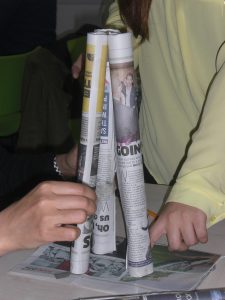
Assessment as a learning opportunity
Many teacher training sessions focus on assessment but we do not spend enough time on discussing assessment in the sense of marking student work. We do not discuss the impact marking has on the students' learning and the teachers' workload, nor do we talk about how we could make marking more meaningful for our learners.
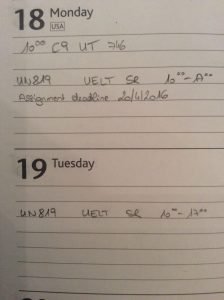
Time management
A cyclical process of reading, writing and editing is only possible if you leave enough time. Time management is therefore one of the key skills to learn when entering University life. The easiest way to introduce effective time management is by preparing schedules.
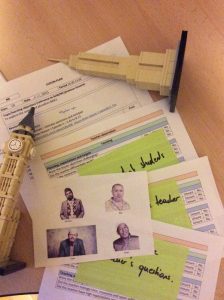
Challenging students
I believe in challenging students and having high expectations of everyone in the classroom. This is coupled with appropriate support and guidance. However, challenging pupils is not an easy task and must be planned for meticulously.
Pluralism lesson resources
Download the resources for the pluralism lesson from here.
How to make writing more academic
In tutorials students often tell me that they are not confident regarding their writing skills and they ask me how to make writing more academic. Every University, every faculty and even departments will have their own philosophy relating to writing, so these guidelines must be adhered to. However, I personally think that students' attempts to make writing more academic often result in less structured and weaker essays.

Teaching with artefacts
Artefacts can be used to get students interested in a lesson, but artefacts can do more than just represent an engaging hook. In this post I am discussing the use of artefacts in lessons based on questions that I have been asked in teacher training sessions.
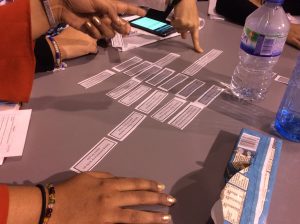
Plagiarism workshop resources
Download some resources for a plagiarism workshop from here.

Types of plagiarism
Irrespective of the types of plagiarism, ultimately plagiarism is a punishable offence. Therefore, it is a good idea to get fully acquainted with the different types of plagiarism in order to be able to effectively avoid difficult situations. You are best advised to err on the side of caution and therefore credit too many authors and originators rather than not crediting others enough. Plagiarism is not a trivial offence, but theft and will be treated as such, irrespective of whether or not you plagiarise intentionally or unintentionally.

Lesson planning: The hook, a good starter
It may look simple to deliver the hook but in reality planning for the hook should not be underestimated, after all you need something very catching to get your students' attention so they become interested in your lesson.
Research posters
Download two examples of research posters from here.
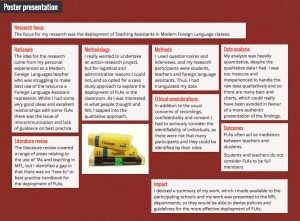
How to create a research poster
Nowadays more and more emphasis is placed upon the impact of research. In many cases research students are even required to create a research poster as part of their thesis and enquiry submissions. However, how do you create a research poster?
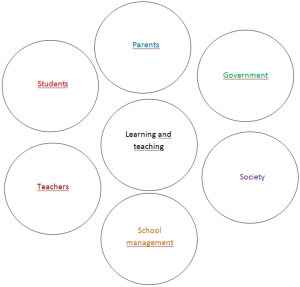
The educational context
In teacher training there is a heavy focus on the educational context, but does the educational context really matter? Or is there a danger in being too reliant on statistical information relating to the educational context, in which we operate?
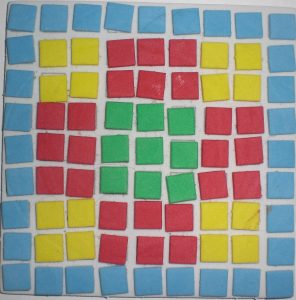
The Mosaic approach according to Clark and Moss
Alison Clark and Peter Moss developed their own way of carrying out research with children – the Mosaic approach. The idea behind the Mosaic approach is that researchers collect data through a wide range of means. These are what Clark and Moss consider "individual tiles". It is then the researcher's task to put these individual pieces together to form one big picture, just like many little tiles are formed into one big mosaic.
Which kind of teacher are you?
The result of a wide-ranging study provides an insight into the kind of teacher you may be. According to the findings there are four major types of teachers: the idealist, the moderate, the practitioner and the rationalist.

Epistemology
Methodology and methods are only part of the story of choosing a research framework. The way you go about collecting and interpreting data is strongly influenced by how you interpret knowledge and truth. This is about the epistemology. In simple terms, epistemology is the theory of knowledge and deals with how knowledge is gathered and from which sources. In research terms your view of the world and of knowledge strongly influences your interpretation of data and therefore your philosophical standpoint should be made clear from the beginning.
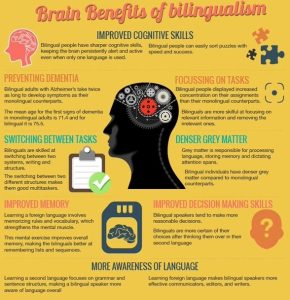
Benefits of bilingualism
Often as teachers we find it difficult to cater for all of our students' needs, but we should not forget that the needs may also be strengths. Here is a great visual that demonstrates the benefits of bilingualism, even if catering for English as Additional Language learners may sometimes feel an added burden.